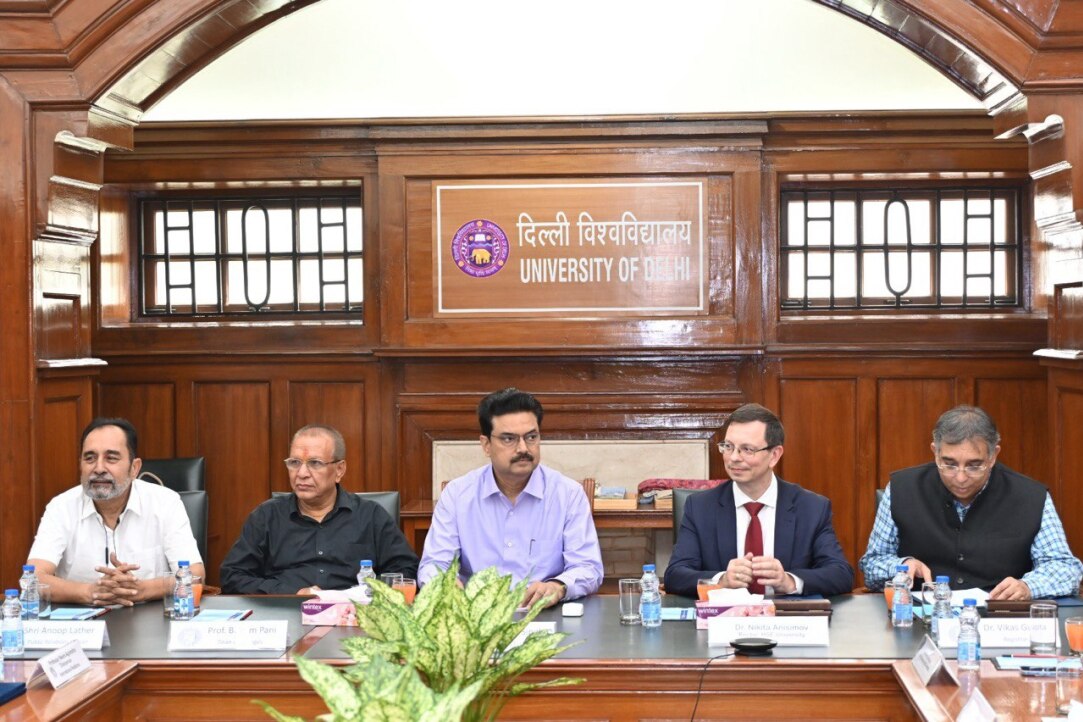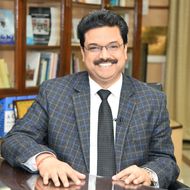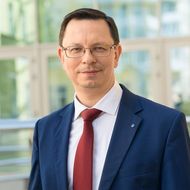- A
- A
- A
- ABC
- ABC
- ABC
- А
- А
- А
- А
- А
-
Faculty
-
DEGREE PROGRAMMES
-
Doctoral Programmes
-
Laboratory
-
Committees
21/4 Staraya Basmannaya Ulitsa
email: facultyofphysics@hse.ru
The Faculty of Physics at HSE was formed in October 2016.
The principal peculiarities of HSE’s Faculty of Physics are the following ones:
- hiring the best and most active physics experts to teach up-to-date courses, including first years of education;
- bridging the gap between education and the sciences through the development of a "core system", which can offer students intensive instruction in the fundamentals of physics during the early years of their study with an eye to further professional development through involvement in practical research carried out by the faculty’s founding organizations (leading physics institutes of the Russian Academy of Sciences (RAS)).
Materials. 2022. Vol. 14. No. 24. P. 7528-7528.
Fominov Ya.V., Mikhailov D. S.
Physical Review B: Condensed Matter and Materials Physics. 2022. Vol. 106. No. 13.
Herbst K., Baalmann L. R., Bykov A. et al.
Space Science Reviews. 2022. Vol. 218. No. 4.
B. V. Andryushechkin, Pavlova T. V.
Journal of Chemical Physics. 2022. Vol. 156. No. 16.

HSE University Opens Research Hub at University of Delhi

HSE University and the University of Delhi have signed an agreement on strategic cooperation and joint actions. According to the agreement, a large research hub will begin operating at the partner university in India.
The partnership agreement has been signed by HSE University Rector Nikita Anisimov and Vice-Chancellor of the University of Delhi Yogesh Singh. HSE University in St Petersburg, which has already carried out a number of initiatives with the University of Delhi, has been appointed as the coordinator of cooperation between the entire HSE University and the largest university in India. The signing of the agreement has become an important stage in the consistent work of HSE University in St Petersburg with India, which has been implemented since 2022.
In accordance with the signed document, one of the key areas of interaction will be the Russian-Indian research hub opened by the heads of the two universities. It will become a modern platform for the development of academic and cultural ties. The hub includes a fully equipped HSE University office on the central campus of the University of Delhi, which can be used by all HSE University’s research groups, teachers and students as part of joint projects, and also provides a wide range of opportunities for the implementation of mirror laboratories, educational modules and programmes, as well as academic and scientific exchange projects.
The universities expressed their readiness to conduct joint research in a variety of fields, including the adaptation of the population, government, and business to climate change; research on youth cultures and communities in India and Russia; research on generations, environmental behaviour, and culture. The universities are already cooperating in areas such as physics and astronomy, social sciences, medicine, computer science, mathematics, and business. Research work is also being carried out in the field of neuroscience, artificial intelligence and computer modelling, risk analysis of social turbulence, modelling of decision-making processes, and intellectual capital analysis.
‘We are extremely pleased to sign a collaboration agreement with the University of Delhi and open a new chapter in our partnership. I am convinced that our new joint initiatives, including educational and research programmes, the opening of the HSE University research hub at the University of Delhi and launching mirror laboratories, research publications and conferences in areas such as computer science, IT, physics, social sciences, management, and many others, will benefit both our universities and strengthen bilateral ties between Russia and India,’ said HSE University Rector Nikita Anisimov.
Vice-Chancellor of the University of Delhi Yogesh Singh emphasised that Russia has always been and remains India’s reliable friend and partner, and our countries continue to cooperate in a number of areas.

Yogesh Singh
‘Our researchers and students are already participating in exchanges and joint projects. Today, we are beginning the process of creating mirror laboratories, which opens up new opportunities for interaction. We have also launched a visiting faculty programme, which is open for HSE University employees. In addition, we can collaborate on courses, seminars, and educational programmes in various fields of science and technology,' stressed Yogesh Singh.
In 2024, HSE University and the University of Delhi are planning joint summer schools and scientific conferences in St Petersburg and Delhi, as well as a joint expedition of the University of Delhi and HSE University’s St Petersburg School of Social Sciences to the Himalayas.
The University of Delhi is one of the best known and reputable universities in India, which already has experience in cooperation with HSE University. In the QS World University Rankings by Subject, the University of Delhi is ranked 43rd in Development Studies, is within the 51-100 group in Anthropology, and within the 101-150 group in Sociology, Modern Languages, and English Language and Literature.
For the University of Delhi, further positioning in international rankings is strategically important, which opens up significant prospects for cooperation in many areas: over the past three years, scientists from HSE University and the University of Delhi have published only 12 joint articles. Both universities expect that the new agreement will increase the number of joint publications.
- About
- About
- Key Figures & Facts
- Sustainability at HSE University
- Faculties & Departments
- International Partnerships
- Faculty & Staff
- HSE Buildings
- Public Enquiries
- Studies
- Admissions
- Programme Catalogue
- Undergraduate
- Graduate
- Exchange Programmes
- Summer Schools
- Semester in Moscow
- Business Internship
-
https://elearning.hse.ru/en/mooc/
Massive Open Online Courses
-
https://www.hse.ru/en/visual/
HSE Site for the Visually Impaired
-
http://5top100.com/
Russian Academic Excellence Project 5-100
- © HSE University 1993–2025 Contacts Copyright Privacy Policy Site Map
- Edit


